The One AI Stock You Should Not Buy
Artificial intelligence (AI) has transformed industries and captured investor enthusiasm since OpenAI’s ChatGPT debuted in November 2022, amassing 100 million users in two months. This sparked a surge in AI-related stocks, with Nvidia (NASDAQ:NVDA) leading the charge as the face of AI. Nvidia’s market cap soared to over $3 trillion and the chipmaker became the […] The post The One AI Stock You Should Not Buy appeared first on 24/7 Wall St..

Artificial intelligence (AI) has transformed industries and captured investor enthusiasm since OpenAI’s ChatGPT debuted in November 2022, amassing 100 million users in two months. This sparked a surge in AI-related stocks, with Nvidia (NASDAQ:NVDA) leading the charge as the face of AI.
Nvidia’s market cap soared to over $3 trillion and the chipmaker became the most valuable stock on the market, driven by its dominance in AI GPUs, as revenue more than doubled to $60.9 billion last year.
The AI market is projected to grow from $184 billion in 2024 to $826 billion by 2030, at a 28.5% CAGR, according to Statista, fueled by applications in healthcare, defense, and logistics. Some analysts see it as a multi-trillion-dollar opportunity.
Investors, eager to capitalize on this growth, have poured into AI stocks, but not all companies are poised to deliver. While giants like Nvidia thrive and have made millionaires of investors, others are more hollow and should be avoided. Below is one AI stock you should avoid at all costs.
24/7 Wall St. Insights:
-
Artificial intelligence has changed how we think about the world around us and our investments.
-
While a number of AI stock have made millionaires out of investors, others hold the potential to ruin them.
-
BigBear.ai (BBAI) seems to hold significant potential, but several worrisome problems instead make it the one AI stock to avoid.
-
Nvidia made early investors rich, but there is a new class of ‘Next Nvidia Stocks’ that could be even better. Click here to learn more.
A bad situation made worse
BigBear.ai Holdings (NASDAQ:BBAI), a $340 million AI firm, provides decision intelligence solutions for defense, manufacturing, and healthcare. Currently trading around $3.50 per share, BBAI has plummeted 63% from its February high and is down over 70% from the all-time high of $14.50 hit in 2022.
Despite the AI sector’s promise, BBAI’s financials, operational challenges, and competitive landscape suggest it’s a risky bet, unlikely to deliver sustainable returns. BigBear’s recent financial performance raises red flags and underscores the investor skepticism reflected in its stock price.
In March, BigBear filed a notice saying it would need to restate certain past financial statements due to prior inaccuracies. It expects to restate its financials for the years ended 2022, 2023, and 2024. The AI shop says its 2022 losses will be slightly smaller, but pre-tax losses in 2023 and 2024 will be larger, with last year’s results jumping from about $257 million to $296 million.
Equally concerning were the results it reported for the full year before announcing the restatement. Revenue only grew 2% to $158.2 million (unaffected by the restatement) while its forecast for 2025 was a range of $160 million to $180 million. At the low end, BigBear was hardly moving the needle again.
Worse, the AI contractor is burning through cash. Cash flows from operating activities, essentially its day-to-day business, deteriorated rapidly from 2023, with its use of cash tripling to $38 million from $18 million. This financial strain limits R&D investment, critical in the fast-evolving AI sector.
The industry’s weakest link
BigBear also faces structural challenges. Its reliance on government contracts, such as the $165 million U.S. Army GFIM-OE deal awarded in the fourth quarter, creates revenue lumpiness, as CEO Mandy Long admitted. Government caution toward AI adoption, as Long noted in Q3, delays contracts and impacts those cash flows.
While BBAI’s gross margin of 28% in 2024 improved from the prior year, it dramatically lags competitors like Palantir Technologies (NASDAQ:PLTR), which boasts 80% margins. This gap highlights BBAI’s inefficiency in scaling commercial solutions, despite pivoting away from lower-margin government work.
The competitive landscape further undermines BBAI’s prospects. Palantir, valued at $268 billion, dominates decision intelligence with NATO contracts and a 30% annual sales growth forecast through 2026. BBAI’s smaller scale and $2.4 million in adjusted EBITDA losses can’t compete with Palantir’s $1.1 billion in profits, limiting its ability to capture market share.
Emerging players like SoundHound AI (NASDAQ:SOUN), with 101% revenue growth to $34.5 million in Q4 2024, also outpace BBAI’s growth.
BigBear’s niche focus on defense and logistics lacks the broad applicability of its competitors, reducing its growth potential.
Key takeaway
Recent developments offer little reassurance either. While BBAI’s Federal Aviation Administration ITIPSS contract with Concept Solutions expands its government portfolio, it doesn’t address commercial scalability, a key driver in AI’s market growth through 2030.
The market is expecting more bad news. Almost 25% of BBAI’s float is sold short. Investors should avoid BBAI stock. Its financial instability, operational inefficiencies, and competitive disadvantages outweigh its modest government wins.
The AI boom offers better opportunities in proven players like Nvidia or Palantir, which balance growth and profitability. The marked decline in BBAI stock does not reflect opportunity, but rather fundamental weaknesses unlikely to reverse any time soon, making it a risky bet in a high-potential sector.
The post The One AI Stock You Should Not Buy appeared first on 24/7 Wall St..




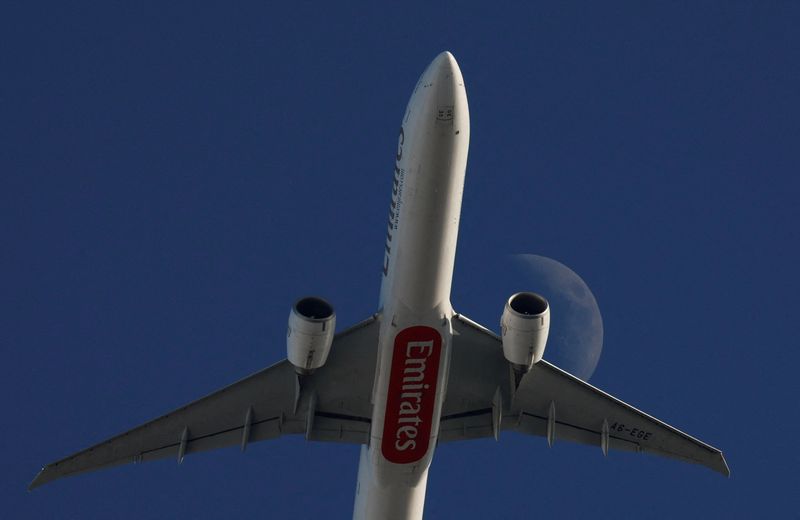
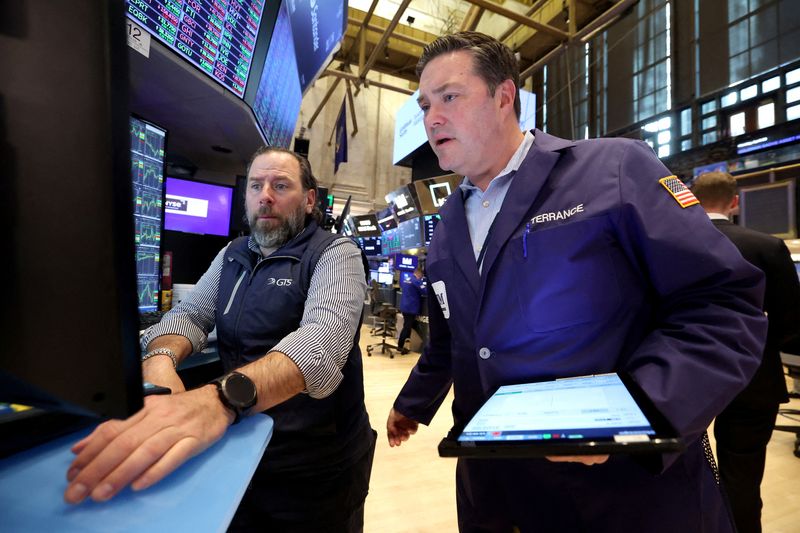














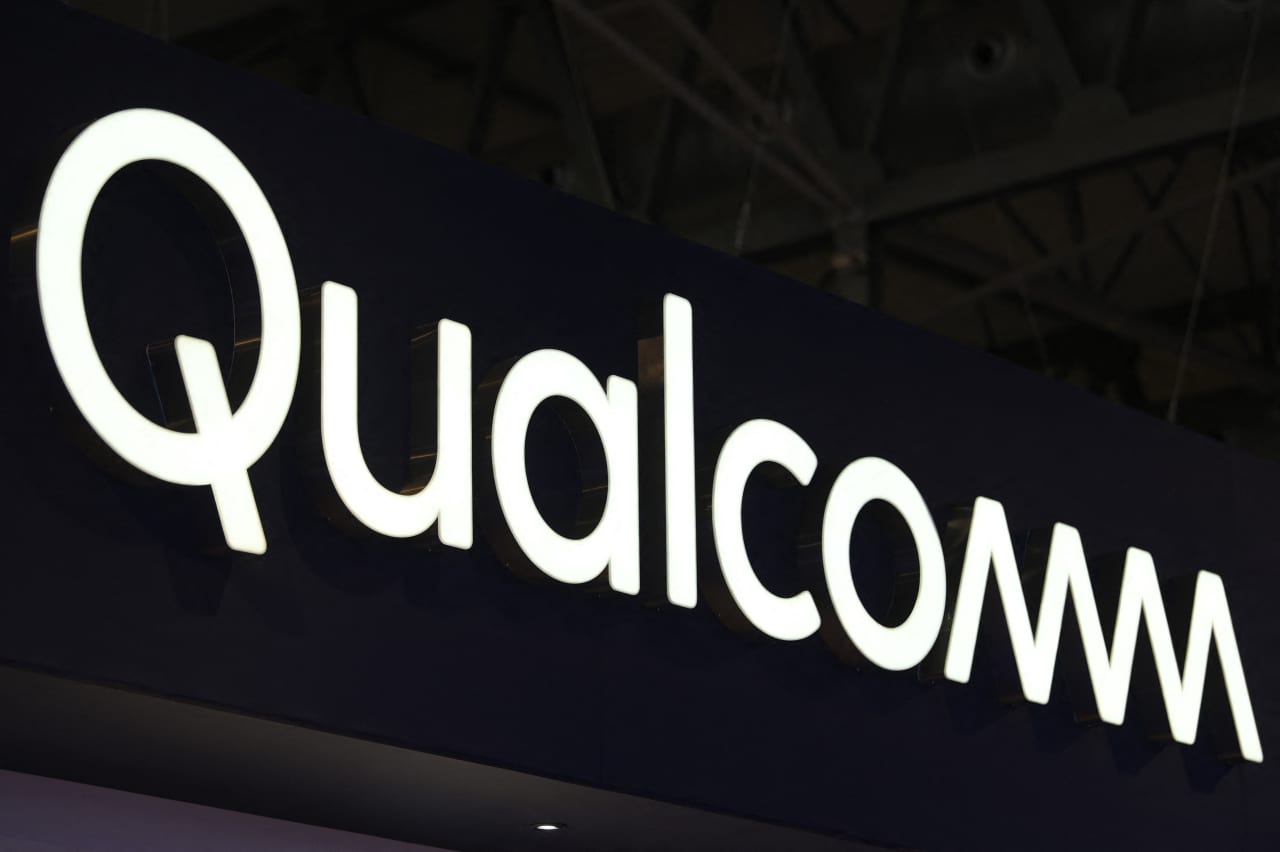

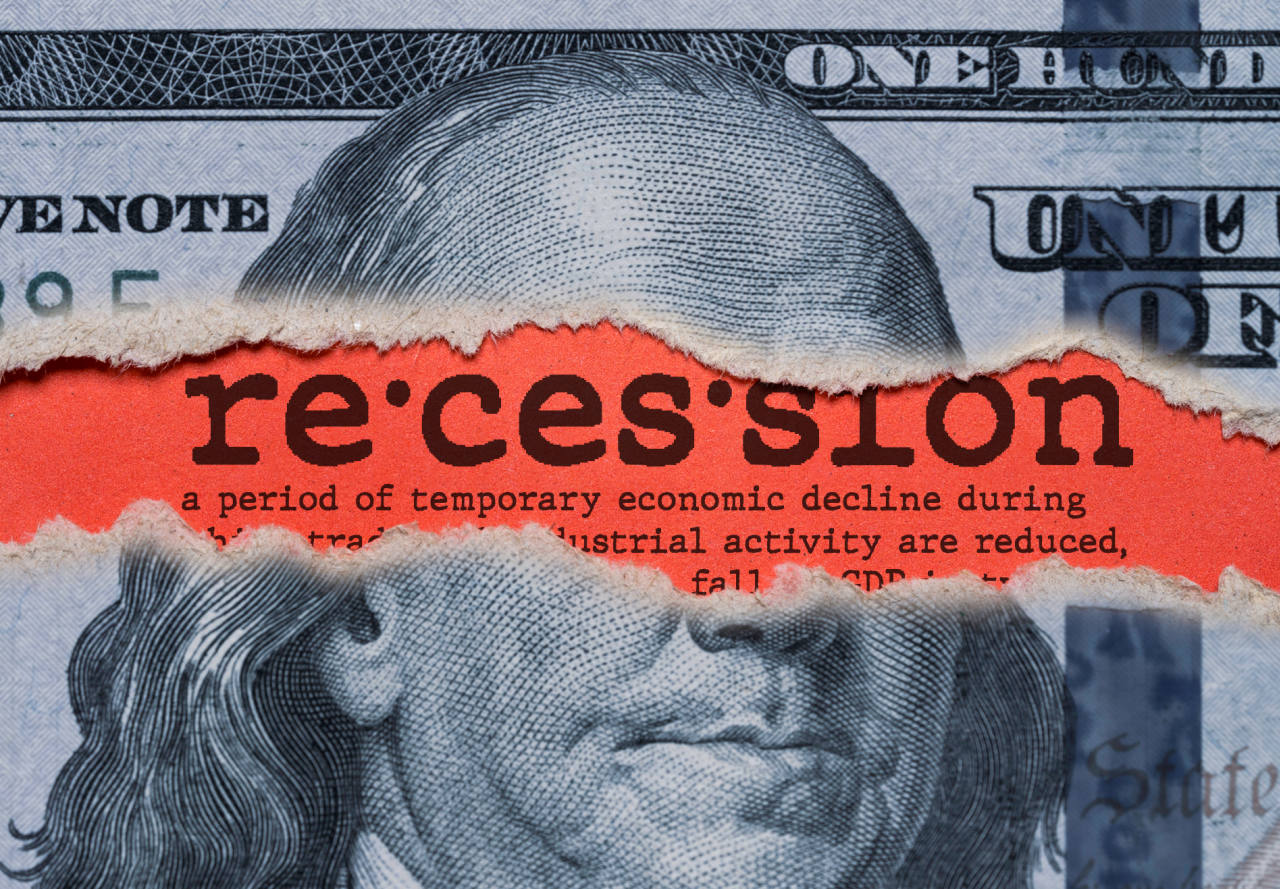
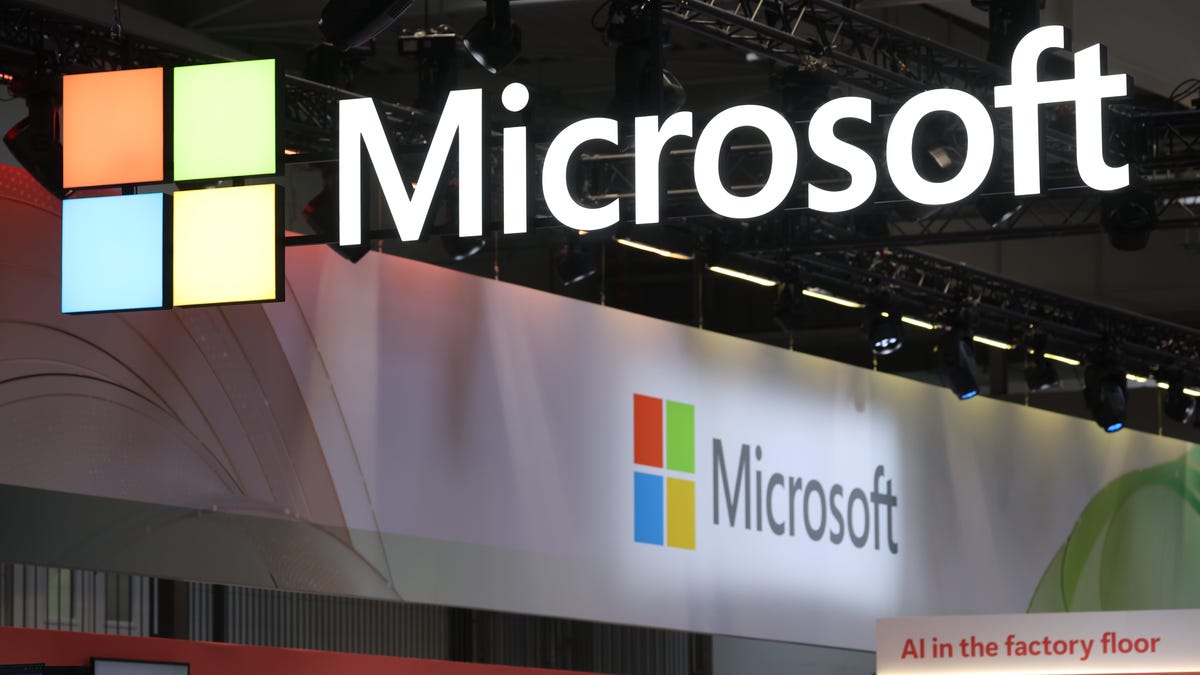
























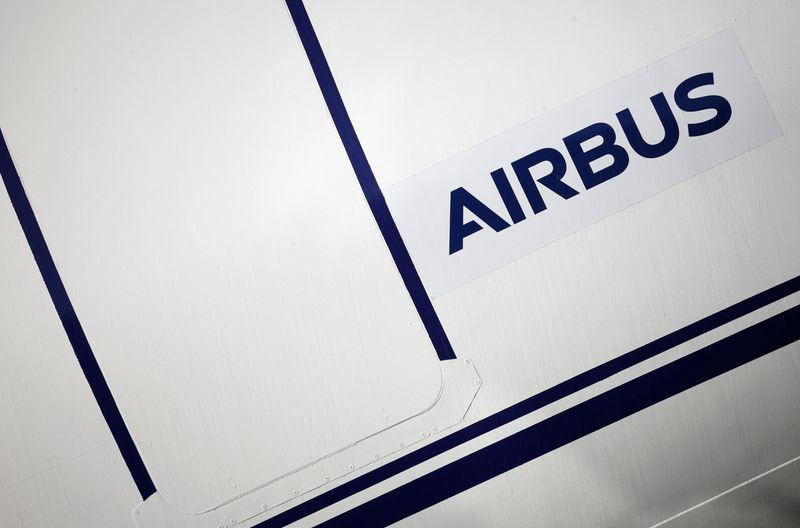
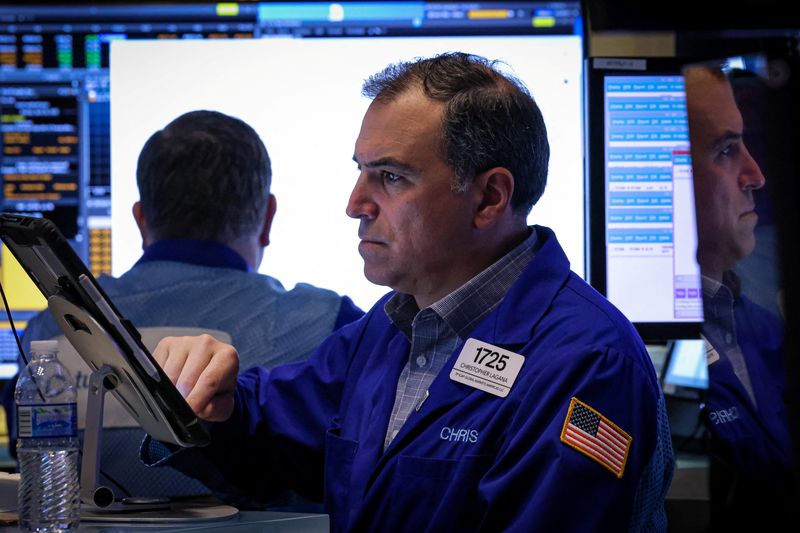




























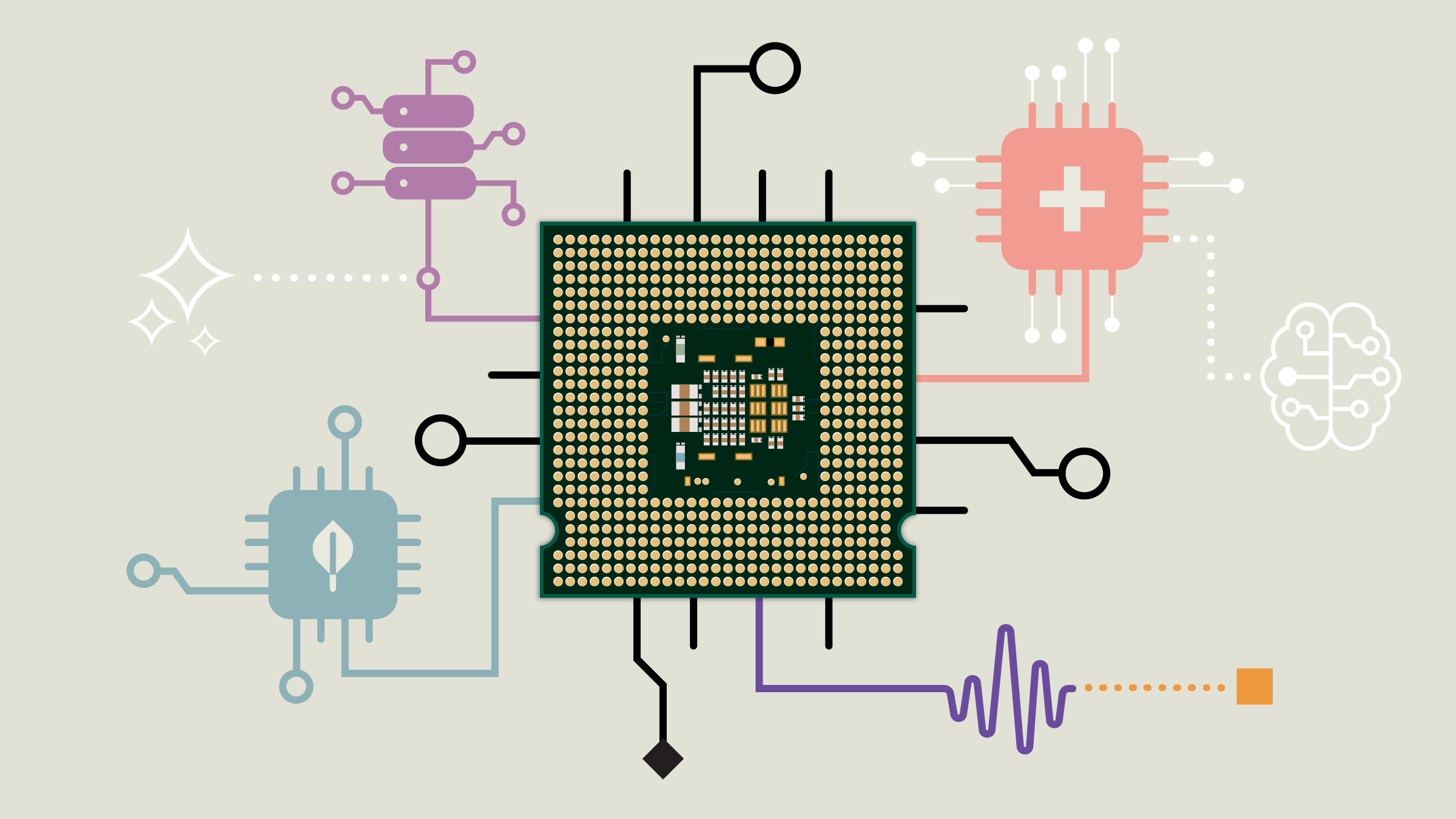

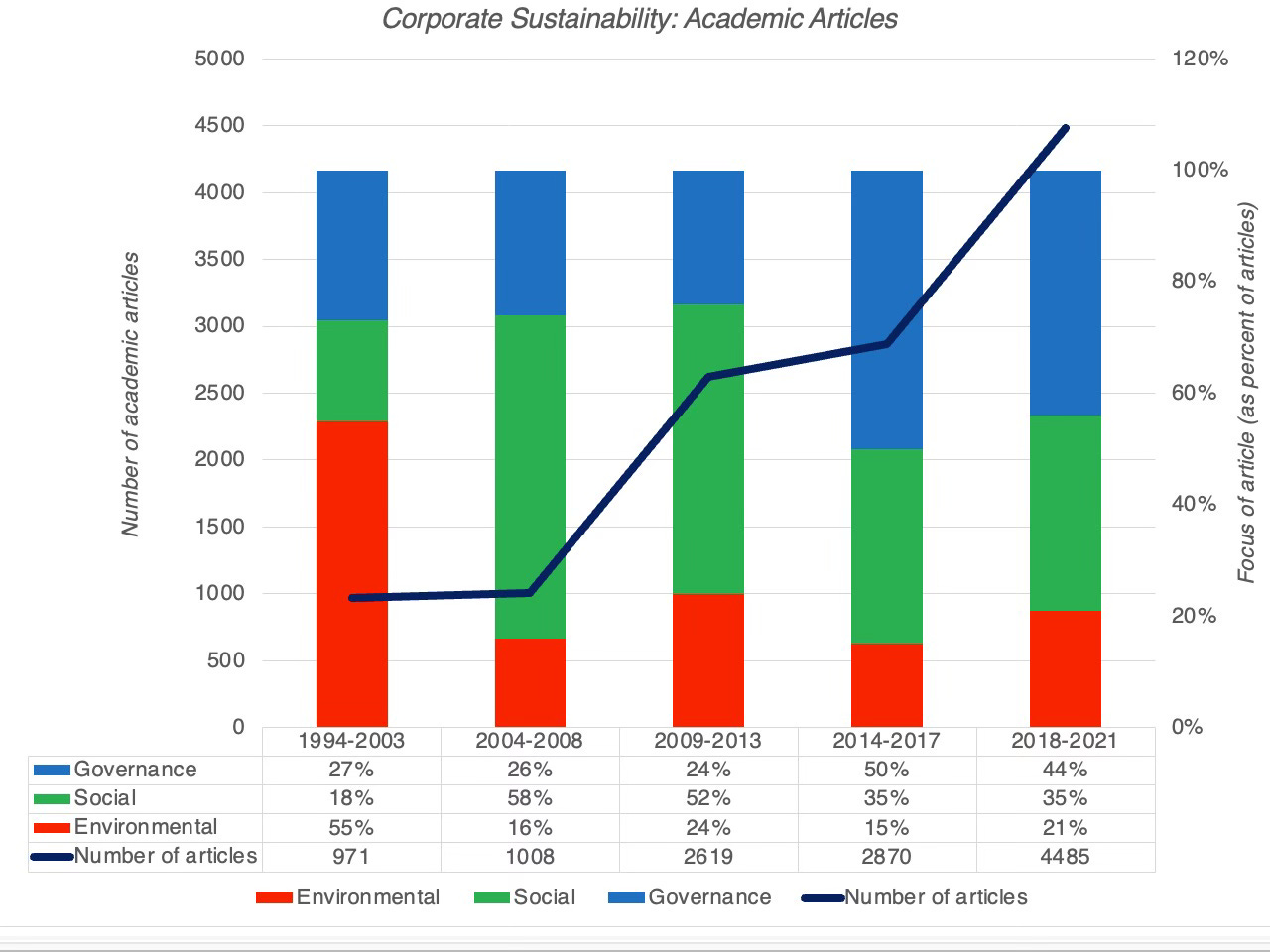



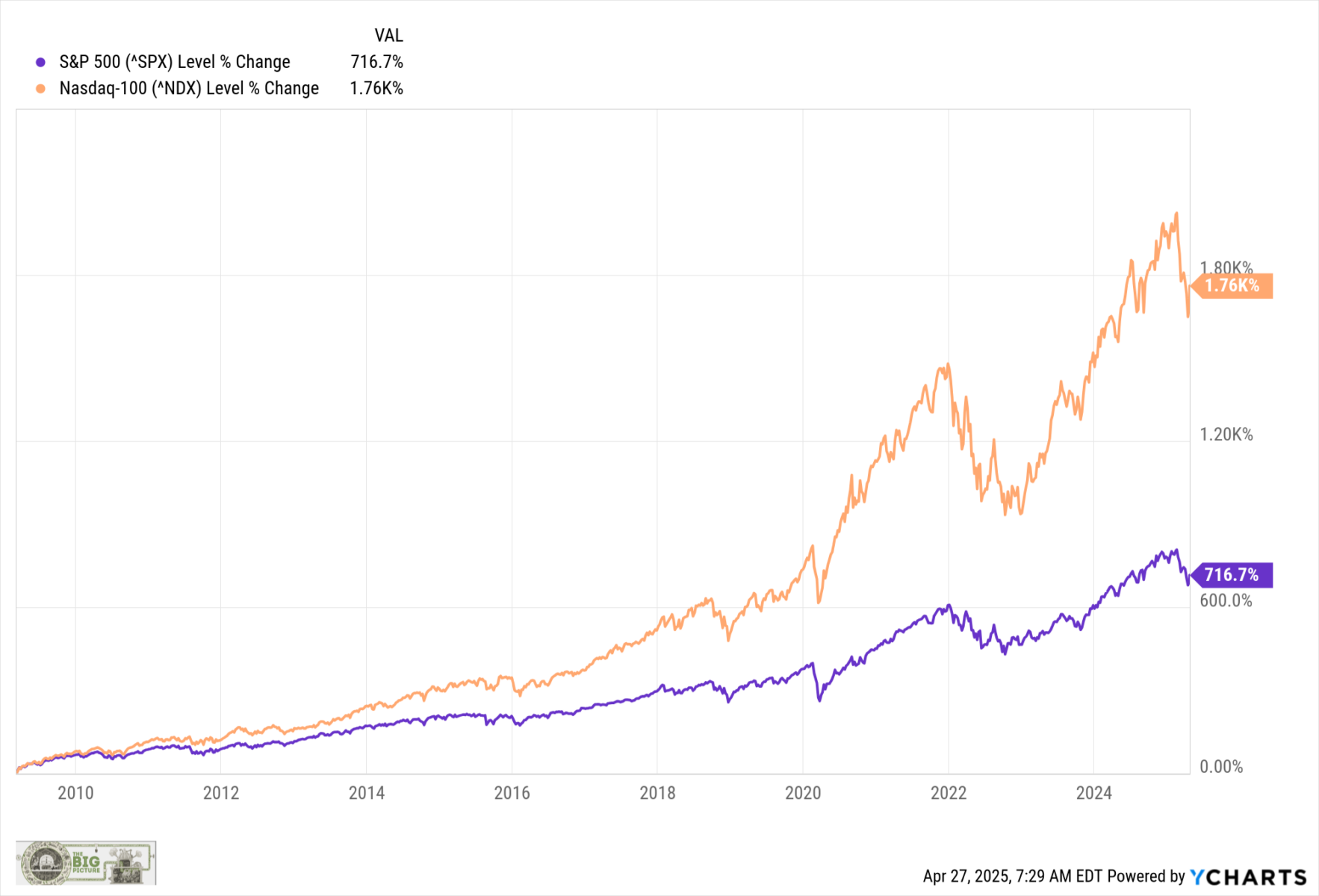

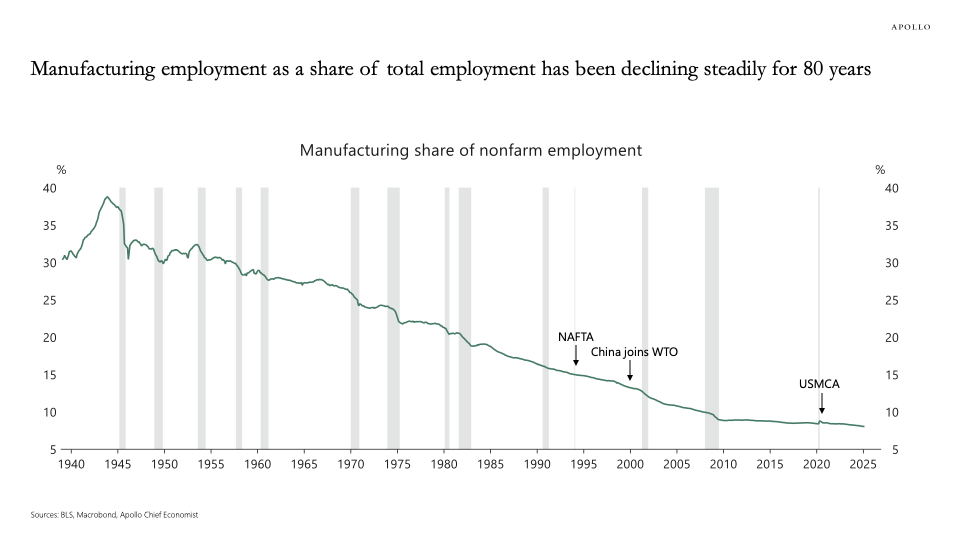






























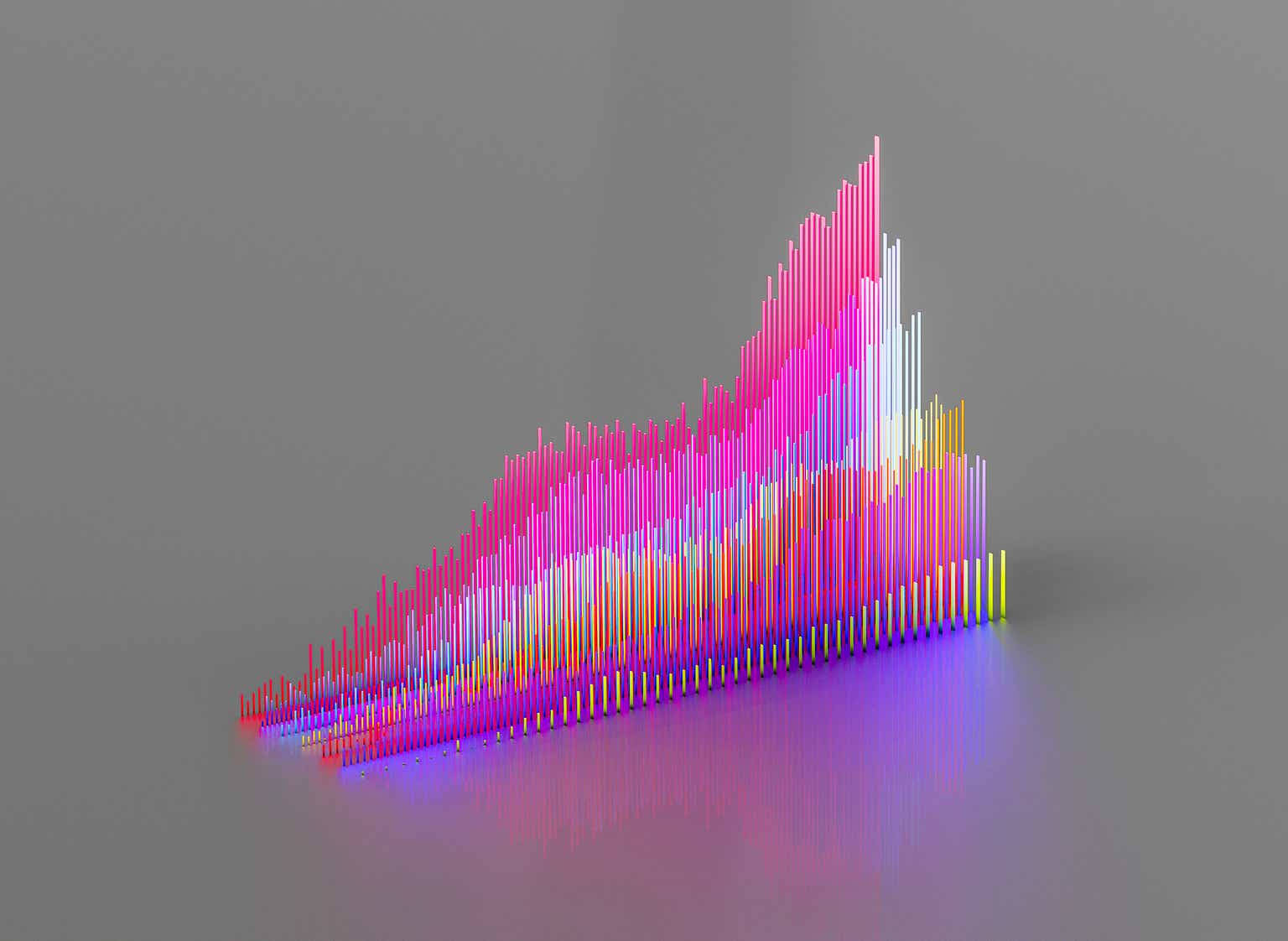















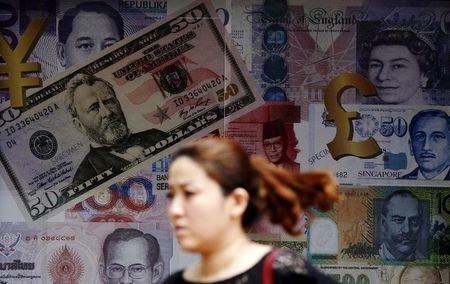

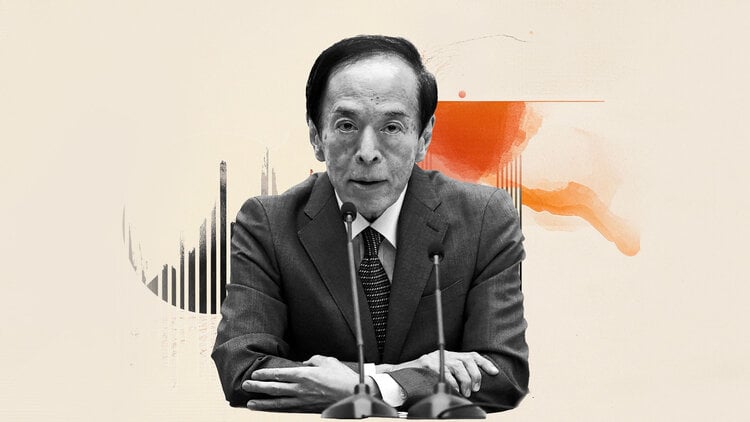





-logo-1200x675.png?v=20240521153233&w=240&h=240&zc=2)




























